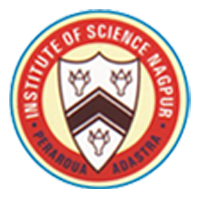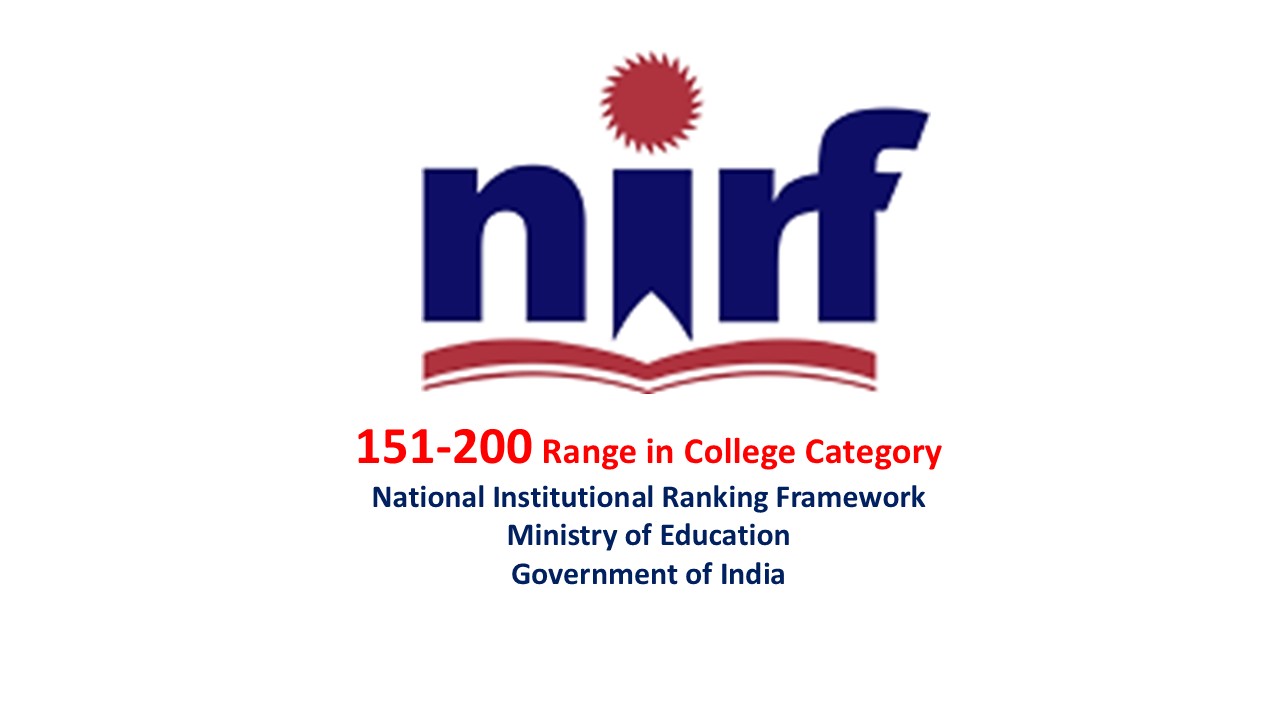

Government of Maharashtra
Institute of Science, Nagpur
Per Adruva Ad Astra (By steep and toilsome way towards the stars)
An Autonomous Institute
NAAC Reaccredited ‘A’ Grade in 3rd Cycle with CGPA 3.07

| Sr.No. | Name of the Programme | Intake Capacity |
|---|---|---|
| 1. | B.Sc. - I Computer Science as Subject 1 or Subject 2 | 32 |
| 2. | B.Sc. – II Computer Science as a Major Subject B.Sc. – II Computer Science as a Minor Subject |
16 16 |
| 3. | B.Sc. – III Computer Scienceas a Major Subject | 16 |
| 4. | B.Sc. – IV Computer Scienceas a Major Subject | 16 |